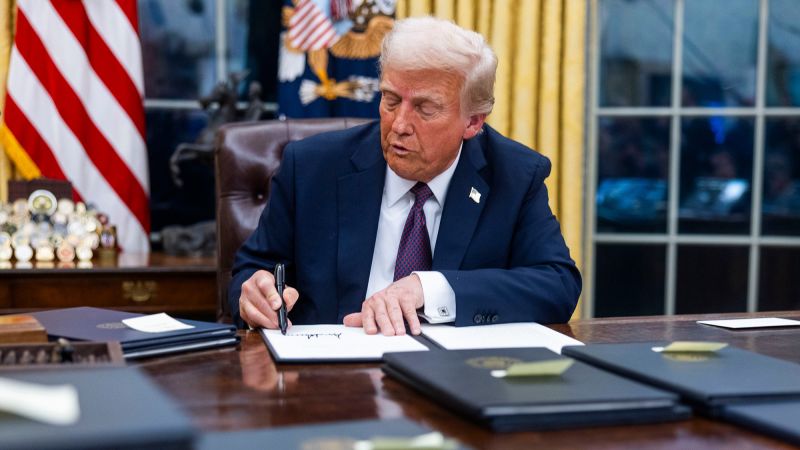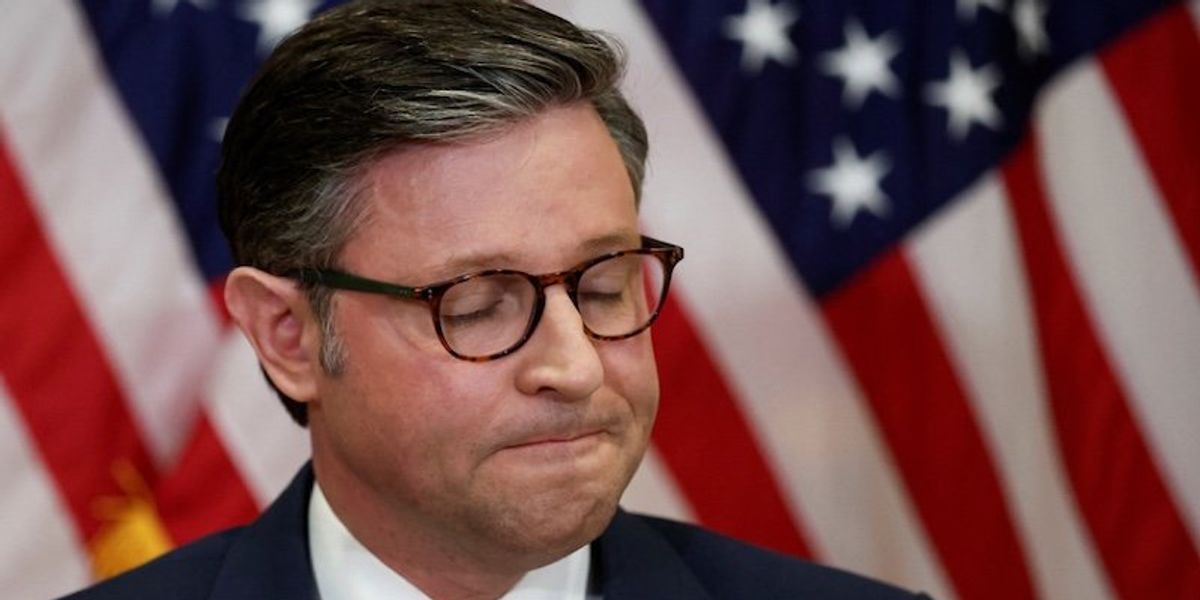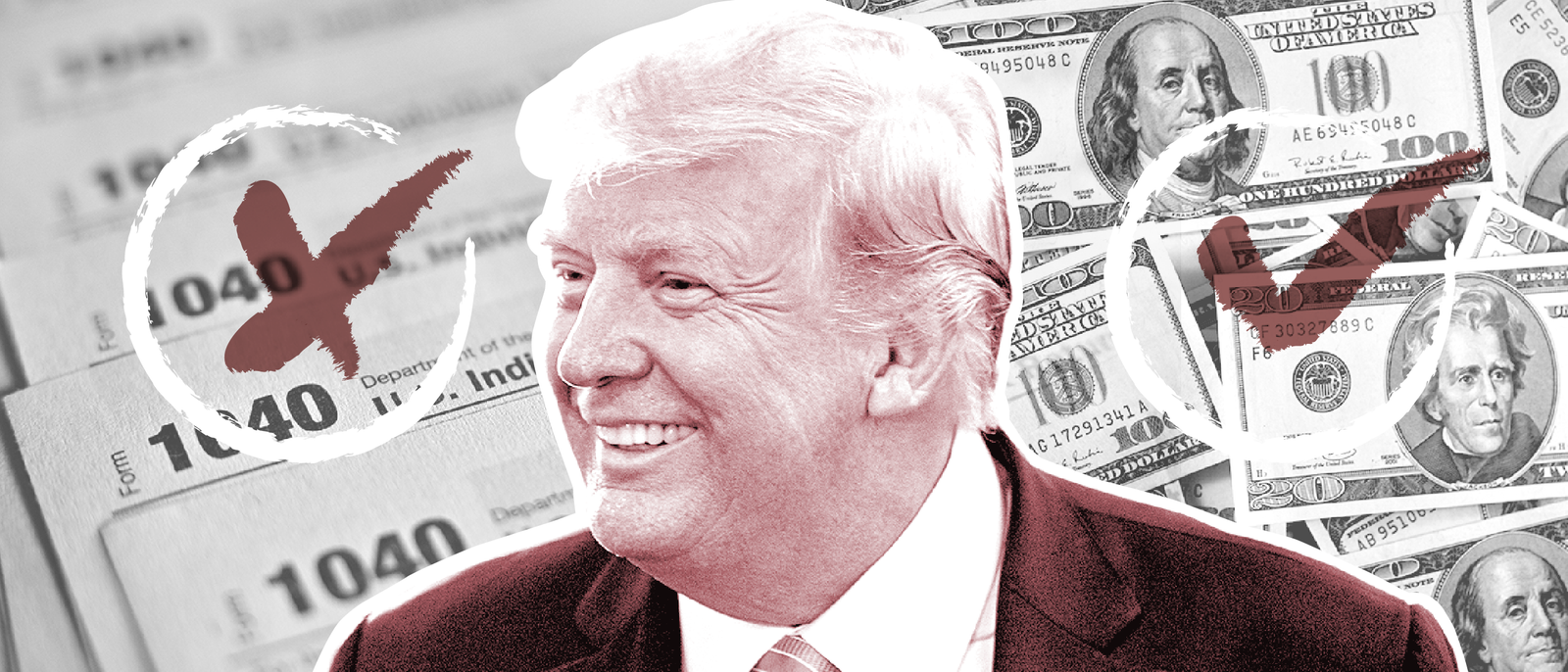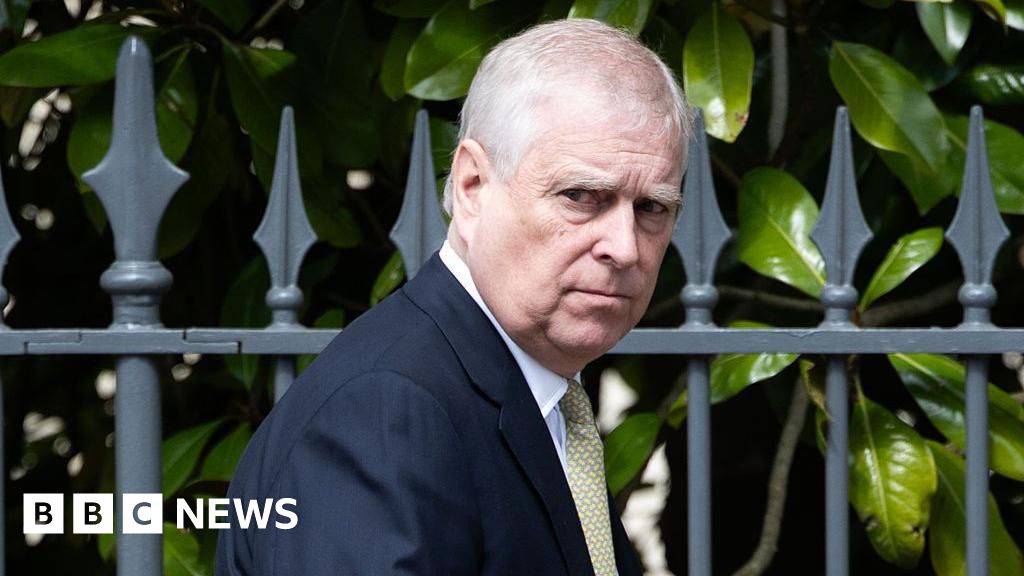Supreme Court Ruling on Trump's Policies
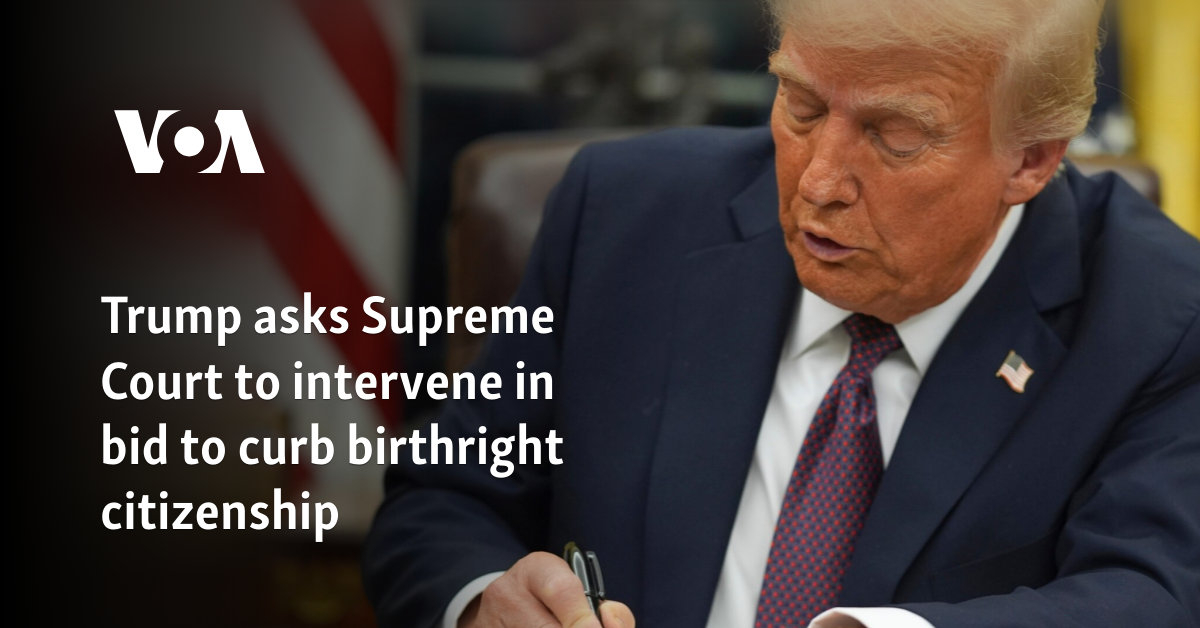
Introduction
In a landmark ruling, the U.S. Supreme Court has handed President Trump a major victory by curtailing the power of federal judges to issue nationwide injunctions against government policies. This decision could have a significant impact on future legal challenges to Trump's policies, including the controversial issue of birthright citizenship.
Background
Similar to his push for a quick passage of a tax bill, Trump has been pushing for the end of birthright citizenship in the United States. This has been met with significant resistance and legal challenges from various organizations and individuals. However, the recent Supreme Court ruling has limited the ability of federal judges to issue nationwide injunctions, which could have a significant impact on future cases related to birthright citizenship.
Current Scenario
Trump's big tax bill deadline is approaching, and Senate Republicans are facing a major setback. The Senate's parliamentarian has ruled against several key Medicaid provisions in the bill, putting its future in jeopardy. This is not the first time Trump has faced opposition from Senate Republicans – they have also been at odds over the issue of NATO mutual defense guarantees.
In addition to the tax bill, Trump's administration is also facing pressure to deliver on his campaign promise of deporting undocumented immigrants. The White House has recently announced plans to escalate efforts to deport immigrants and is targeting Democrat-run cities. This has sparked controversy and criticism from various organizations, including the NAACP, who have decided not to invite Trump to their annual convention.
Conclusion
While Trump may have won a significant victory in the Supreme Court's ruling, it is not without its own challenges. The issue of birthright citizenship is far from settled, and the future of the tax bill is uncertain. With the 2020 election fast approaching, Trump's administration is also facing renewed calls for a special prosecutor to investigate allegations of election interference.
In the midst of all this, Trump has extended the deadline for TikTok's parent company to sell the popular video app to an American owner. This decision comes in the wake of concerns over national security and potential ties to China. As Trump continues to push his policies forward, he is also facing backlash and resistance from millions of Americans, setting the stage for a potential collision course in the future.
About the People Mentioned
Andrew Chung
There are multiple individuals named Andrew Chung, each with distinct careers and achievements. Here is a summary of the most prominent ones: ### Andrew Chung - Tech Investor Andrew Chung is a prominent tech investor and entrepreneur with over 20 years of experience in sustainability and health technology. He co-founded 1955 Capital, which focuses on investing in revolutionary technologies to address global challenges. Prior to this, he was a general partner at Khosla Ventures, where he was involved with numerous successful ventures, including eight unicorns that created over $30 billion in market value. Chung has also been a key figure in U.S.-China collaboration and has advised on energy policy, serving on a White House roundtable during the Obama administration. He holds degrees from Harvard University and the Wharton School of Business[1][2][6]. ### Andrew Chung - Film Professional Another notable Andrew Chung is a writer and director based in Toronto, Canada. He has produced films like "Ma," "Lovebites," and "White Elephant," which have received several awards. Chung co-founded the Asian Canadian Film Alliance and serves on the board of the Racial Equity Screen Office[3]. ### Other Notable Figures - **Andrew L. Chung**: A partner in a law firm's Seoul office, focusing on cross-border transactions and private equity investments. He has been practicing since 2008 and has received recognition for his work in South Korea[5]. - **Andrew Chung (Journalist)**: A correspondent at Reuters covering the Supreme Court[8]. These individuals demonstrate diverse professional achievements and contributions across different fields.
About the Organizations Mentioned
U.S. Supreme Court
The **U.S. Supreme Court** is the highest judicial authority in the United States, established by Article III of the U.S. Constitution and formally created under the Judiciary Act of 1789. It serves as the ultimate arbiter of constitutional and federal law, with the power to interpret the Constitution, review laws, and overturn those deemed unconstitutional, thus checking the legislative and executive branches of government[1][4][6]. The Court first convened in 1790 with six justices, including its first Chief Justice, John Jay. Over time, Congress adjusted the number of justices, settling at nine in 1869, comprising one Chief Justice and eight Associate Justices, all appointed by the President and confirmed by the Senate[1][3][6]. Justices hold lifetime appointments, ensuring judicial independence. The Court initially lacked prestige but gained significant authority under Chief Justice John Marshall (1801–1835), who established judicial review in *Marbury v. Madison* and solidified the Court as the definitive interpreter of the Constitution[10]. Key achievements of the Supreme Court include landmark rulings that shaped American federalism and civil rights, such as *McCulloch v. Maryland* (affirming federal power), *Gibbons v. Ogden* (regulating interstate commerce), and the establishment of judicial independence during the impeachment proceedings of Justice Samuel Chase. The Court also modernized its procedures by issuing unified majority opinions instead of individual ones[10]. Today, the Supreme Court sits in its dedicated building in Washington, D.C., completed in 1935, holding annual terms from October to late June or July. It exercises original jurisdiction in limited cases (e.g., disputes between states) and primarily appellate jurisdiction over federal and constitutional issues[4][6]. For readers interested in business and technology, the Court’s decisions profoundly impact regulatory frameworks, intellectual property law, and digital privacy rights, influencing the legal landscape in which modern enterprises operate. Its role in balancing governmental
Reuters
**Reuters** is a leading global news agency founded in 1851 by Paul Julius Reuter, a German immigrant who innovatively combined telegraphy and carrier pigeons to transmit financial and news information rapidly between cities like London and Paris[1][2][4]. Starting from a modest office in London’s financial district, Reuters quickly gained a reputation for speed, accuracy, and impartiality, exemplified by its early scoop on the death of U.S. President Abraham Lincoln in 1865, beating competitors by hours[1][2]. Historically, Reuters evolved from a commercial news service focused on stock prices for banks and brokerage houses to a comprehensive international newswire serving newspapers worldwide. Its expansion reflected the growing importance of timely, reliable news in business and global affairs[2][3]. The company’s independence and editorial integrity have been safeguarded since 1947 by the Reuters Trust Principles, which commit Reuters to unbiased and accurate reporting[4]. Today, Reuters operates as part of Thomson Reuters, a Canadian multinational headquartered in Toronto. It is recognized as the largest global news agency, with over 2,600 journalists in 165 countries producing around 2 million unique news stories annually in 12 languages[5]. Reuters embraces cutting-edge technology to deliver breaking news, multimedia, and authenticated content to media, technology firms, governments, and corporations, ensuring fast and seamless distribution[5]. Notable achievements include winning over 300 journalism awards in the last decade, such as the 2024 Pulitzer Prizes for National Reporting and Breaking News Photography, and the George Polk Award for Business Reporting, underscoring its leadership in business and technology journalism[5]. Reuters continues to innovate, recently unveiling AI tools to enhance video production and engagement, reflecting its commitment to shaping the future of news in a digital age[5].


